Drug resistance presents a significant challenge to oncologists. Therapies that were once capable of destroying the tumor are rendered ineffective once one resistant cancer cell begins to multiply. Part of the challenge of developing effective cancer therapies is tackling the multiple pathways by which drug resistance arises.
Isaac Israel, CEO of Kitov Pharmaceuticals, and his team are hoping to rise to this challenge. Results from recent preclinical studies suggest that their small molecule drug, NT-219, can effectively block two signaling proteins that function in two different resistance pathways.
“We discovered that there are two major key pathways that are used by tumors to circumvent therapy,” Israel explained in an interview with Xtalks. “Until now, it was known that each of them, separately, was responsible for the development of resistance. What we have shown is that it’s not enough to block one of these pathways. You must inhibit both to achieve a significant outcome.”

Different pathways contribute to the initiation and maintenance of drug resistance, thus a drug that targets only one of these pathways may not be entirely effective. The first-line treatment for head and neck cancer, for example, calls for Merck’s PD1 inhibitor Keytruda plus chemotherapy, followed by Keytruda therapy alone for maintenance. At a certain point, the tumor circumvents the mechanism of action of Keytruda, at which point patients may be given the third-line treatment, cetuximab. Despite this treatment regimen, the response rate remains low at 10-15 percent.
NT-219 is a bispecific inhibitor which blocks two important signaling proteins involved in cancer drug resistance — STAT3 and IRS1/2. Following multiple preclinical studies across a number of indications, including head and neck and pancreatic cancer, the Kitov Pharmaceuticals team found that drug resistance can be reversed with administration of both a targeted therapy and NT-219. Data from their recent work suggested that the timing of NT-219 administration (prior to or at the same time as chemotherapy) has a “remarkable impact” on the drug’s efficacy.
Israel emphasizes that the goal of their small molecule inhibitor is not to replace existing cancer therapies, but to augment their effects.
“We’re not about replacing PD-1 or replacing any other targeted theories. We are about achieving two significant goals. The first one is to delay acquisition of resistance to main therapy such as PD-1, targeted or chemotherapy. [The second is] something that we demonstrated very well in various models. Even after administering NT-219 after resistance was acquired, we managed to reverse the resistance and we managed to resensitize the tumor to the existing therapy.”
As Israel puts it, it’s like “achieving two goals with one single bullet.”
With this positive data in tow, the Israeli-American company is aiming to move forward with a clinical trial for head and neck cancer following regulatory approval. They plan to file an Investigational New Drug (IND) application to the US Food and Drug Administration before the end of the year, before planning the cetuximab plus NT-219 open-label study at sites in the US.
In light of the effectiveness of NT-219 in ex vivo animal models of other types of cancer, Israel believes the group is working towards a general solution for cancer drug resistance.
“We believe that we are [creating] an innovative platform that will be able to provide a solution to the major issue of drug resistance,” he said. “What is unique about [NT-219], is it has the potential to become a general solution to cancer drug resistance. We are focusing our efforts to develop drugs that will hopefully help patients and provide solutions for people that desperately need it.”


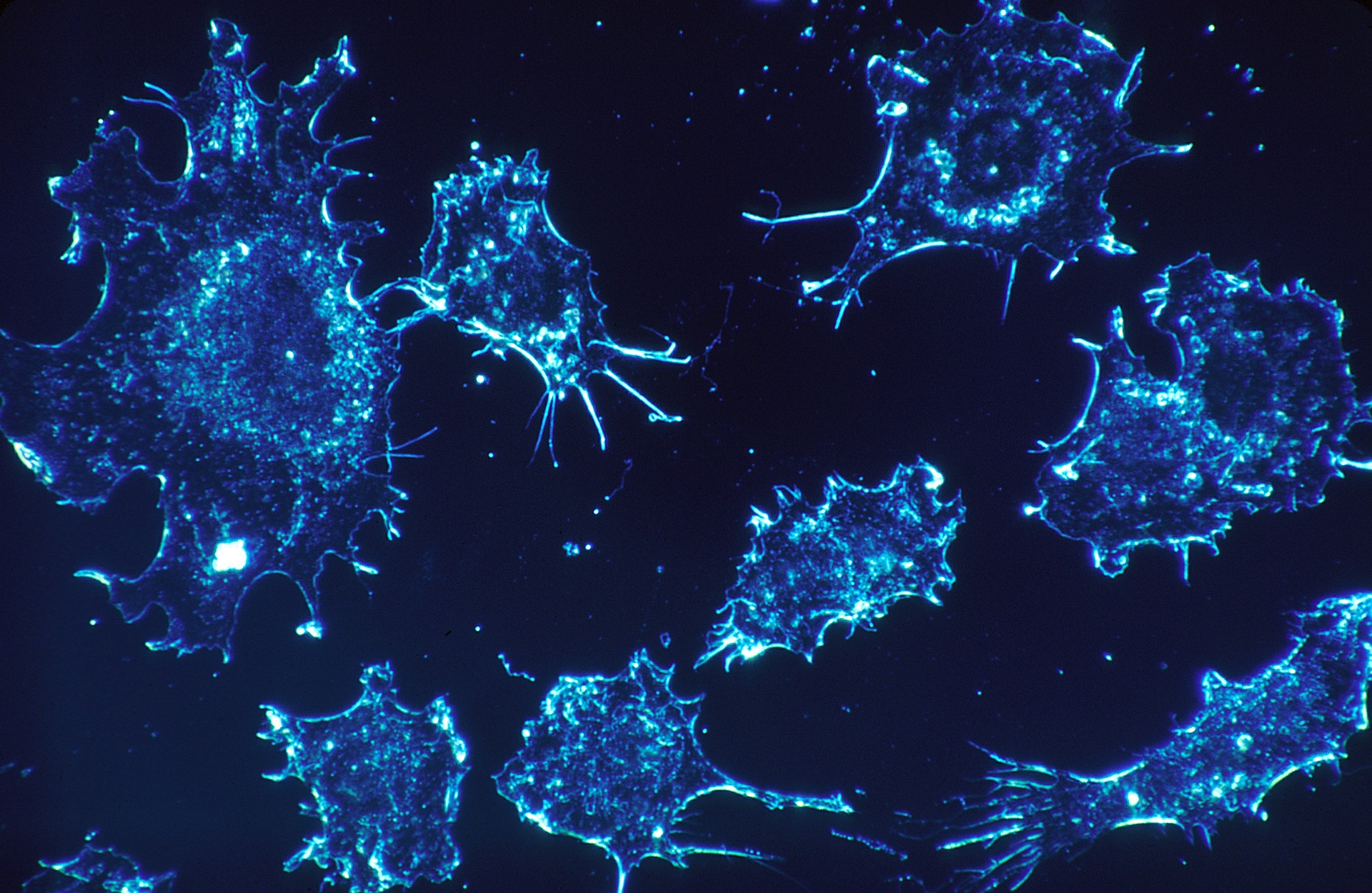
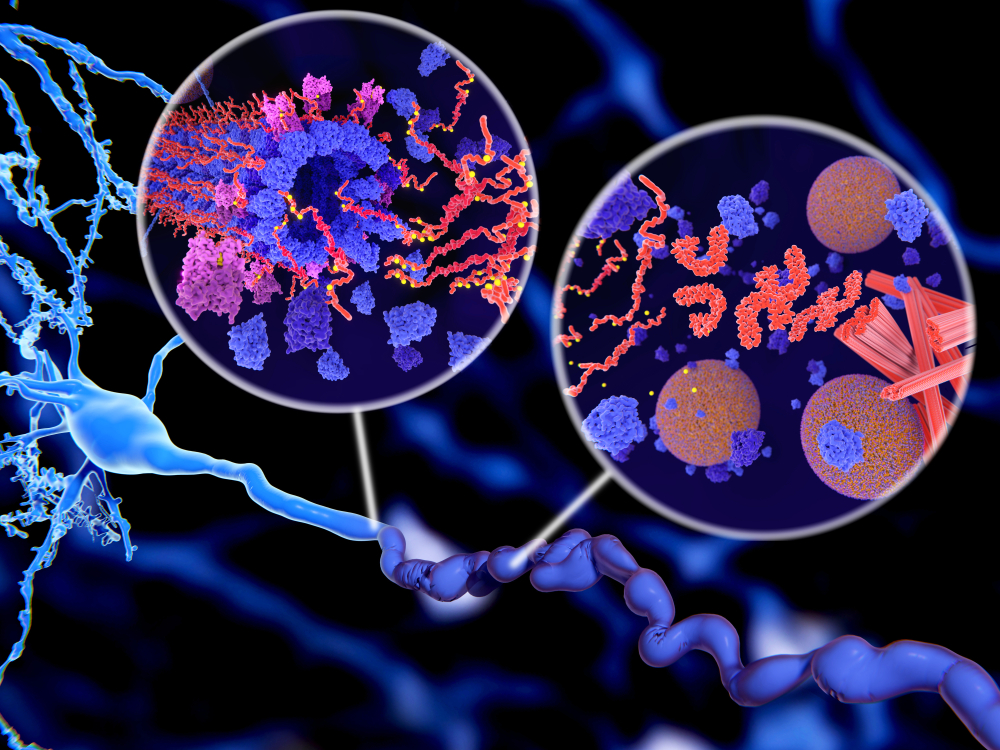
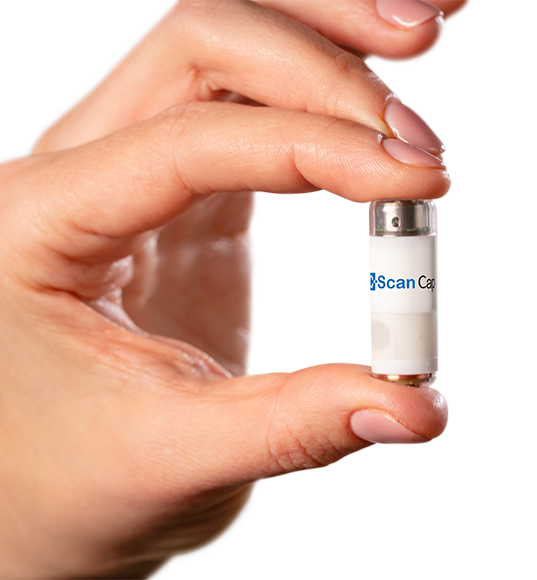
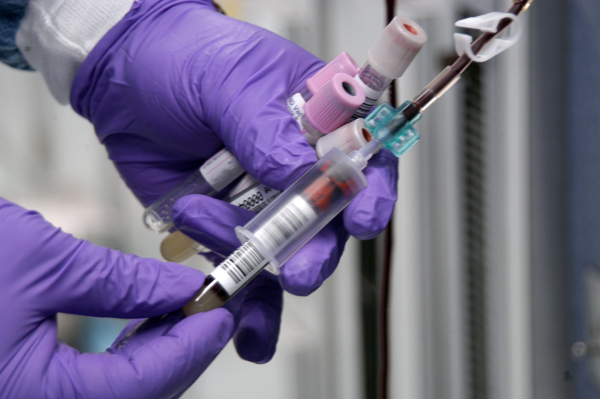
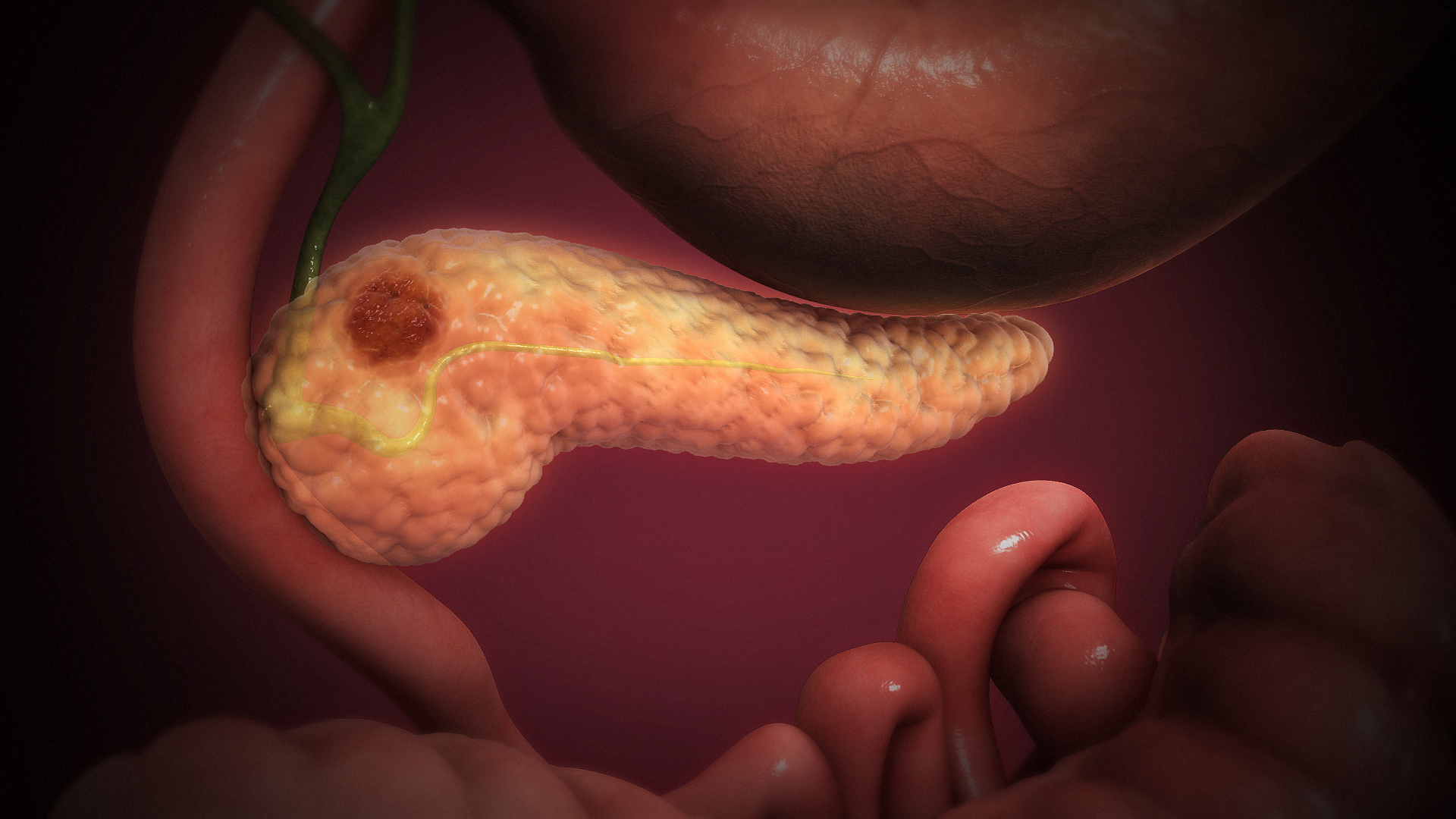





Join or login to leave a comment
JOIN LOGIN